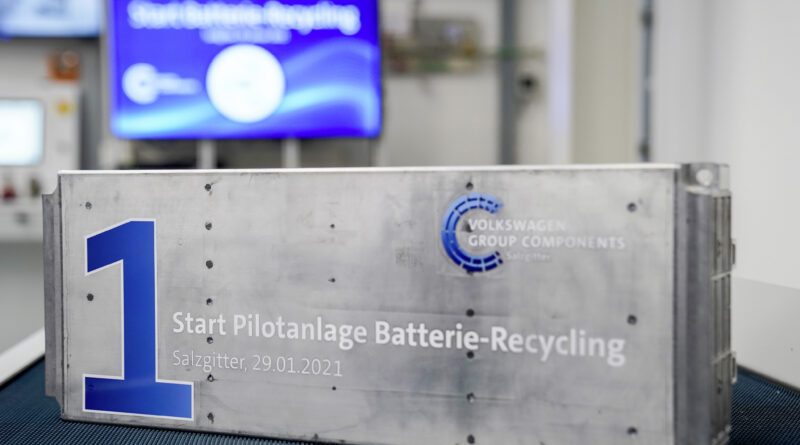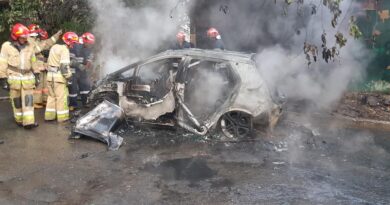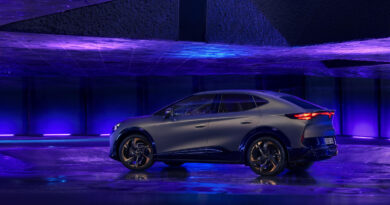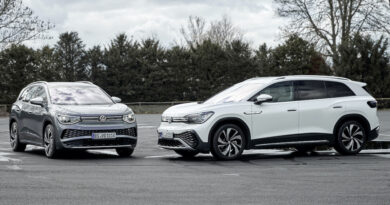VW begins EV battery recycling
Volkswagen’s has opened its first EV battery recycling plant. The company says it aims to be able to recover more than 90 percent of the materials used to make the lithium-ion battery packs of past, present and future EVs and hybrids produced by the VW Group.
The move provides an excellent answer to the question often posed by EV sceptics… “But what about all those batteries going into landfill?”
It also repurposes the most expensive component of an electric vehicle.
Located in Salzgitter, not far from VW’s headquarters in Wolfsburg, the small pilot plant shows recycling EV battery packs is viable.
The VW Group Components facility has been designed to recycle up to 3600 battery packs a year, but the system used at Salzgitter can be scaled up. For now, it’s recycling the battery packs of test vehicles. VW does not expect used EV battery returns to reach large volumes until the late 2020s.
Initially, the plant’s material recovery rate will be 70 percent of the weight of a used battery pack, but VW says it’s aiming for more than 90 percent over the long term.
That will become increasingly important as Volkswagen steps up its electrification efforts, with everything from an EV Kombi to affordable electric cars and the ID.4 mid-sized SUV that is already on sale overseas and on the wish list for Australia.
How EV battery recycling is done…
The process being used at Salzgitter doesn’t require energy-intensive melting in a furnace to recover the lithium, nickel, manganese, cobalt, graphite, aluminium, copper and plastics used to make battery packs.
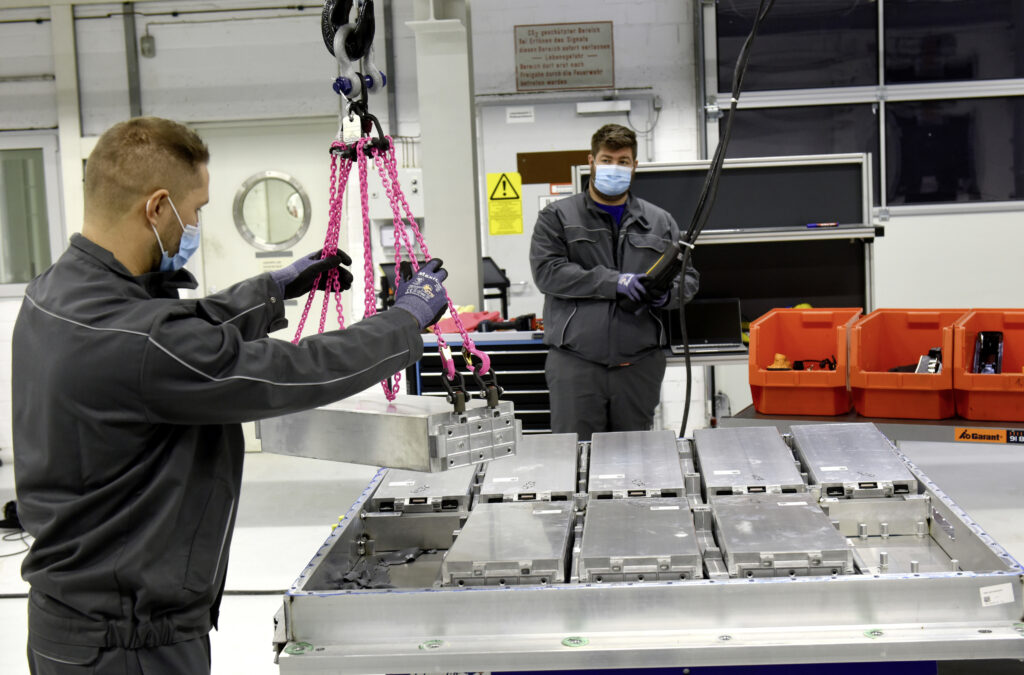
First step of the process is a check to determine if the used battery pack is suitable for a second-life role, such as stationary energy storage. If it’s not, the pack is dismantled by technicians, who first fully discharge it before breaking it down into the modules that house the individual battery cells.
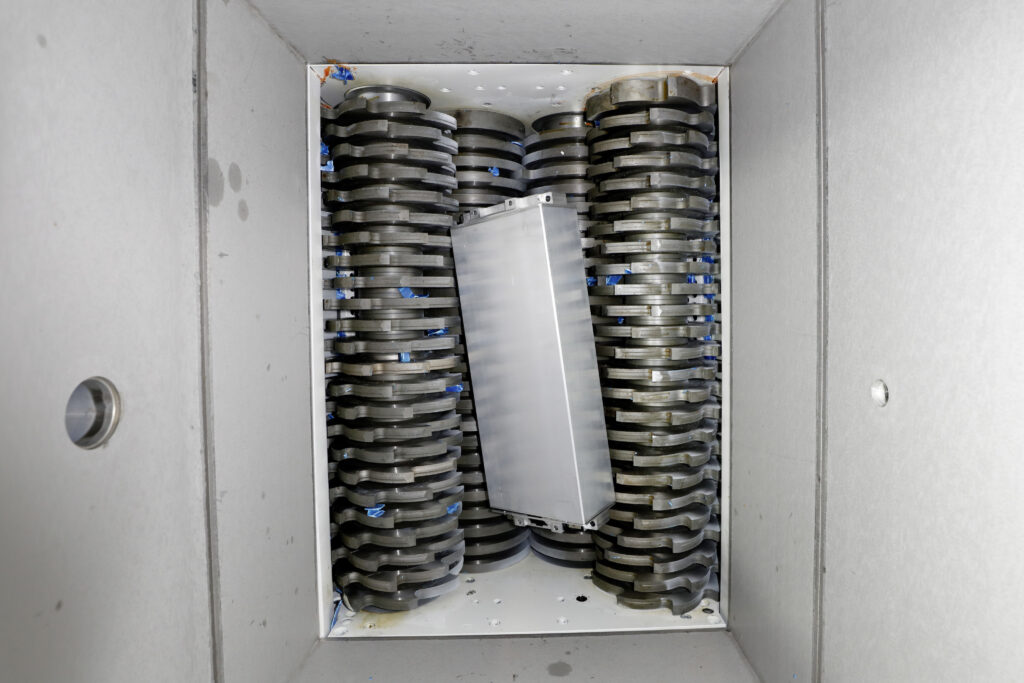
The modules earmarked for recycling are fed into a shredder, which grinds them into granules. These are dried before being automatically separated. With the aluminium, copper and plastics removed this way, what’s left is a valuable black powder containing graphite, cobalt, manganese, nickel and lithium.
This powder is subsequently broken down by specialised partners of VW, using hydrometallurgical processes that require water and chemicals.
Good as new…
“From research, we know that recycled battery raw materials are just as efficient as new ones,” said Mark Möller, head of VW Group Components’ technical development and e-mobility unit.
“In future, we intend to support our battery cell production with the material we recover. Given that the demand for batteries and the corresponding raw materials will increase drastically, we can put every gram of recycled material to good use.”
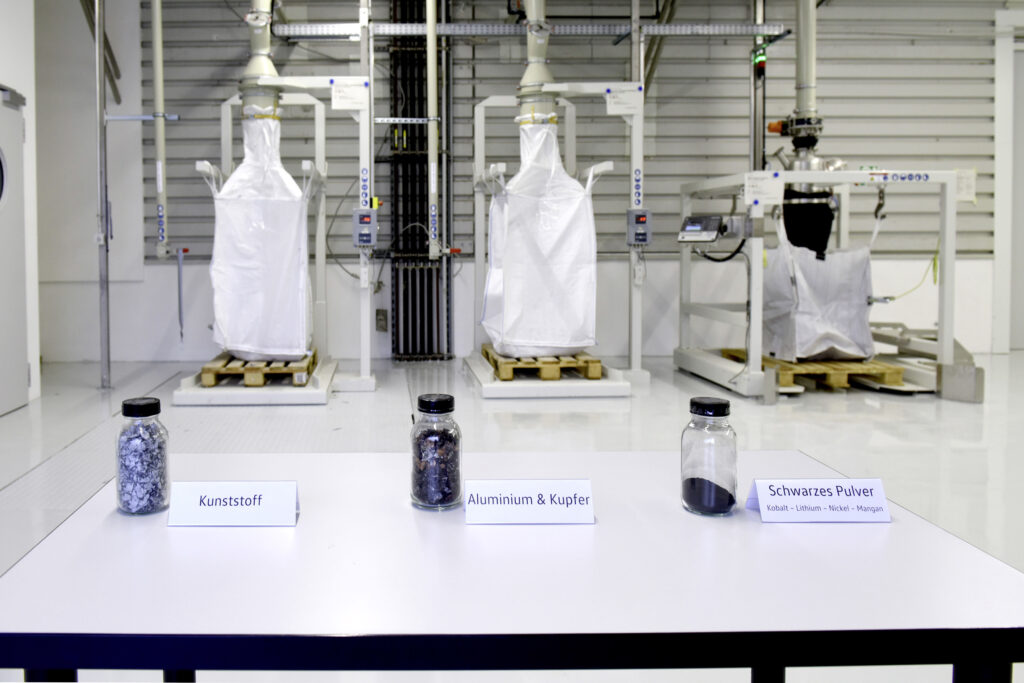
VW calculates that using recycled materials and 100 percent renewable energy to manufacture one of the two electrodes in each cell in a 62kWh battery pack would save 1.3 tonnes of CO2 being emitted.
The commissioning of the Salzgitter battery recycling plant is the result of more than a decade of research by VW. It selected the system being used there way back in 2011.

